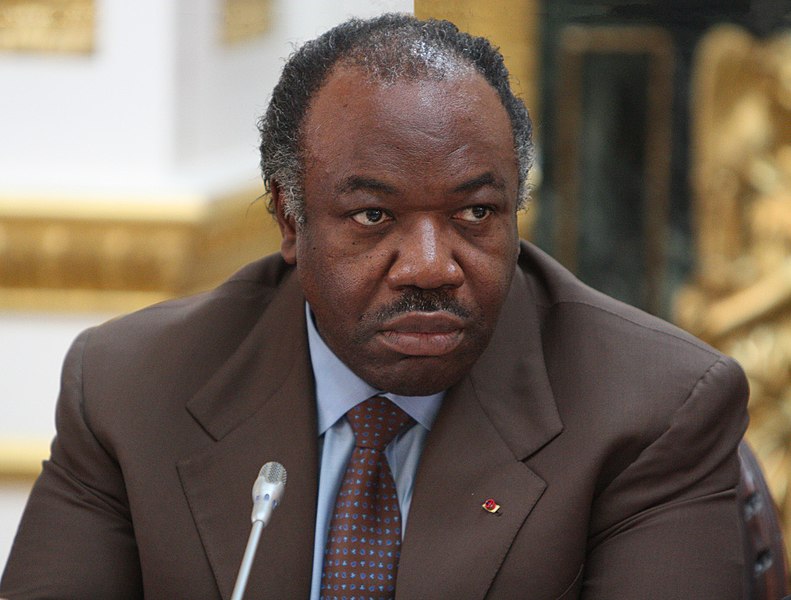A group of military officers in Gabon on Wednesday said they’ve seized power in the Central African nation following a disputed August 26 presidential election.
The coup began shortly after Gabon’s electoral committee announced that President Ali Bongo, whose family has led the oil-rich nation for more than 56 years, had won another term in office.
Critics have accused the Bongo family of abusing its position to accumulate massive amounts of wealth while many citizens struggle to subsist.
In a video on state television, the senior officers declared that borders were closed and state institutions including the Senate, National Assembly and Constitutional Court were dissolved. Bongo, they said in a follow-up statement, was under house arrest.
In his own first public appearance since the coup attempt, Bongo called on the people of Gabon to “make noise” in support of him. Instead, crowds took to the streets of the capital, Libreville, and joined soldiers in singing the national anthem amid an apparent celebration of his potential ouster.
Some Gabonese, though, are viewing events with caution.
“It is too early to say its good or not good, but it can be good,” said Paulette Oyane-Ondo, a Gabonese human rights attorney. “If it means that things will change, it will be good.”
The coup in Gabon is the latest in a string of mutinies in West and Central Africa in just the past few years. The most recent has been a military takeover of Niger, but since 2021 Mali, Burkina Faso, Guinea, Chad and Sudan have also experienced coups.


